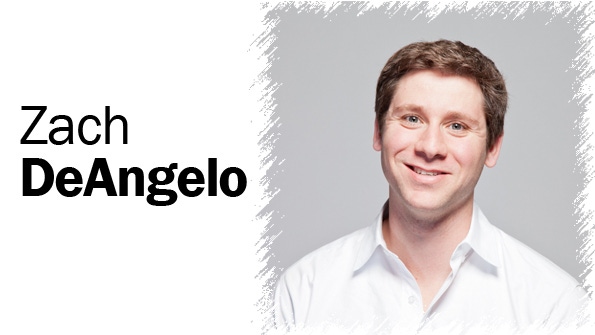A familiar struggle for any entrepreneur is the fundamental question: How do you balance the cold reality of cash with the warm notion of brand development?

If you’ve worked in the natural products industry over the past 10 years, you’ve likely observed that the M&A market has been strong. Some of you may even have participated in successful exits, worked for companies that have been acquired or raised money with an eye toward liquidity. All of this company swapping has got me thinking: Are we creating companies with the sole intent to sell, and if so, is this a bad thing for long-term value?
In my relatively short period of brand building in this space, I can say with some element of certainty that there hasn’t been a day when at least some portion of my brain isn’t whispering to all the other parts: “Hey, when’s the liquidity event, guys?” From the moment I helped launch a gluten-free food company out of graduate school, I was on the raising-money train, and through countless rounds of financing, four companies and one sort-of exit, I haven’t gotten off. Throughout this journey, I’ve wondered if this barreling locomotive has prevented me from observing the idyllic landscape of long-term sustainable value achieved by companies like Stoneyfield or Patagonia.
Raising money is typical in this industry for obvious reasons. Fast-growing companies need lots of cash for inventory, slotting, product development, team, deductions, trade shows, etc. Raising money requires investors, and investors require returns. I get it. But more and more, I find myself struggling with this very fundamental question: Am I doing my brand and my team a disservice by focusing so intently on returns?
In many ways I think it’s more of a question in theory rather than execution. The reality is that oftentimes performance metrics that build investor equity, like gross margin, top-line revenue, healthy quick ratios, etc., are things that can help build brand equity as well. There are, however, instances when I know I’m making decisions based on return rather than brand. Maybe I opt not to create teams of brand advocates in key markets to spread our mission and instead rely on the broker teams we have in place. Maybe I pay employees a little less in order to reduce burn rate even though I know that team is everything in this business. Maybe I decide to put money in demos or retailer-driven promotions because I can calculate an ROI easier than if I hosted a brand launch party with peers and consumers.
In going back to my original question -- should we be growing brands or assets -- I guess it’s an amorphous pursuit that is relative to creating art in a way. It’s balancing the cold reality of cash with the warm notion of brand creation in its purest form. It’s creating an indelible impression with consumers through product and packaging while providing investors with a fair return over time. Anyway, I can’t say that I’ve perfected the art, but I’ll certainly keep painting.

How have you found this balance in growing your own business?
About the Author(s)
You May Also Like




